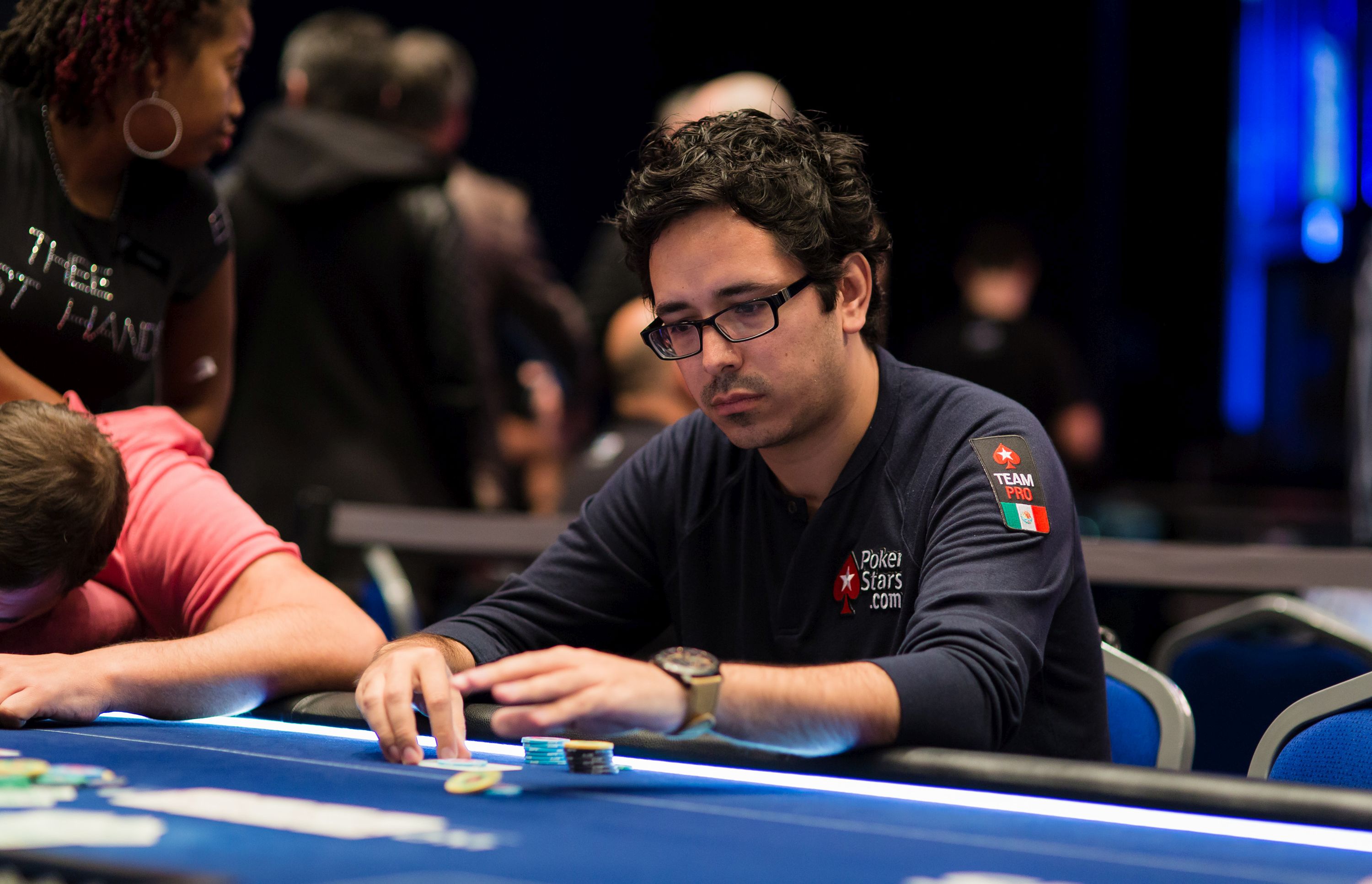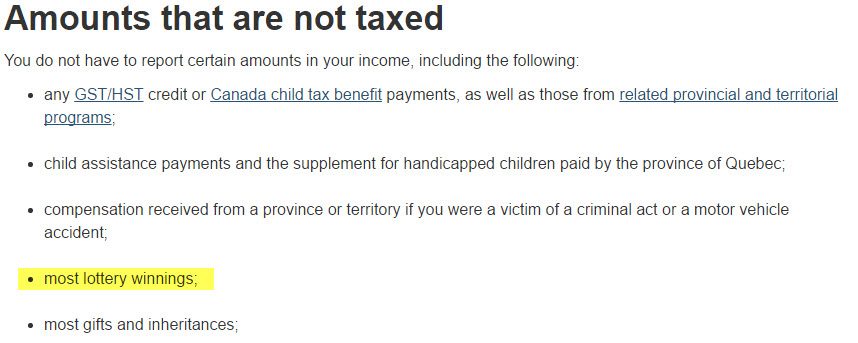Are Poker Winnings Taxable In Canada
thanks in advance.
Comments
Professional poker players, blackjack players or any other professional gambler are viewed as operating their own freelance business. This is taxable in Canada. So far, the Canada Revenue Agency is slow to assess and audit people whose source of income comes from gambling. Gambling Winnings Tax in Canada There is no gambling winnings tax in Canada if you are a recreational gambler. The Canadian Revenue Agency generally keeps its hands off any money earned through gambling. We use the term “generally” because there are exceptions to the rule. That's because the vast majority of Canadian gamblers will never pay a cent in income tax on their winnings. The concept of not taxing gambling winnings is older than Canada itself. It started in England and says that unless you make a living exclusively from gambling, or treat gambling as a business, you should not pay taxes. Generally speaking, in Canada, this income will be treated one of two ways. If you are playing daily fantasy (DFS) as a business, the income would be taxable in Canada. You would report your gross income and expenses (such as entry fees, etc). If the income is considered gambling winnings, it would not be taxable in Canada.
- Google search yields.. https://ca.pokernews.com/news/2017/04/are-poker-winnings-taxable-income-in-canada-17323.htm
Decision is, are you pro or not. If you have a regular job and play casually the no you are not a professional, you are a lottery winner and they are not taxable... as always, confer with your lawyer for a definitive answer, if there is one.
By the way, nice catch, I bet you can recall a lot of big flips and bad beats you laid to win. Good job. - Why would you want to pay tax on your winnings?
Wouldn't that outweigh the tax write offs?
On August 29, 2013, the Federal Court rendered its judgment in Radonjic v. Canada Revenue Agency, 2013 FC 916. It is the latest decision on the (non-)taxation of poker winnings following the Tax Court of Canada decision in Cohen v. The Queen, 2011 TCC 262. Radonjic is a judicial review of the Minister of National Revenue’s discretion to allow or disallow taxpayer-requested adjustments to past income tax returns. Although an important distinction from the ordinary appeals to the Tax Court of Canada, Radonjic is still a noteworthy case because the Federal Court applied the facts of Mr. Radonjic to the relevant law in the aftermath of Cohen.
Are Gambling Winnings Taxable In Canada

The heart of the issue in cases such as these is whether poker players are “carrying on a business” – a factual issue to be determined on a case-by-case basis. Both the Tax Court of Canada (in Cohen) and the Federal Court (in Radonjic) determined that the taxpayers in question were not carrying on a business. Although these decisions do not set a general precedent for all poker players across the country, they do present important factual signposts in the landscape between poker players who are hobbyists and poker players who are carrying on a business.
In Cohen, the taxpayer quit his day job as a lawyer to become a professional poker player. He read books and articles about poker, set up online accounts to play online, attended a seminar, testified that he had devised a strategy to play against inexperienced players, testified that he had programs to take notes on players as he was playing against them online and that he adhered to a playing schedule of 6 to 8 hours per day, 7 days a week. Although he intended to play small stakes poker, Mr. Cohen deviated from that strategy for the allure of higher stakes. The Tax Court concluded that Mr. Cohen was a hobby poker player.
In Radonjic, the taxpayer stopped accepting contract work from the federal government because he thought he could support himself with his poker winnings. He did so successfully for more than 3 years. He set up online accounts to play poker and played on a regular basis. As is common for online poker players, he played at multiple tables simultaneously. Contrary to conclusion reached by the Canada Revenue Agency, the Federal Court found Mr. Radonjic to be a hobby poker player, stating that he was “the usual enthusiastic and everhopeful poker player engaged in a personal endeavour”.

Are Poker Winnings Taxable In Canada

In the analysis of whether Mr. Radonjic carried on a business, the Federal Court made the following statements that appear to have general application to online poker players:

- Success at playing poker online on a computer on an intense and regular basis over an extended period of time does not, by itself, equate to a “system” of increasing poker winnings and minimizing the risk of losses.
- Everyone who competes in online poker does so to win and attempts to narrow odds in their favour (which is somewhat of a bland statement as most poker players, hobbyists and businesspersons alike, will know that a pair of aces will have a better success rate than 7-2 off-suit in Texas Hold’em). By studying, practicing, and improving their skills to narrow the odds, it does not mean that the taxpayer has devised a system of winning; chance remains the predominant factor in whether they amateur poker players win or lose, as it did on Mr. Radonjic’s facts.
- Setting up a method of payment to collect online winnings is not an indicator of a system.
These cases are a double-edged sword. While Mr. Radonjic’s winnings were not taxable, Mr. Cohen’s losses (being losses that did not result from a business) could not be deducted against other sources of income. It will be interesting to see what facts will be necessary in order to tip the balance and turn the amateur poker player into someone that is carrying on a taxable business.



